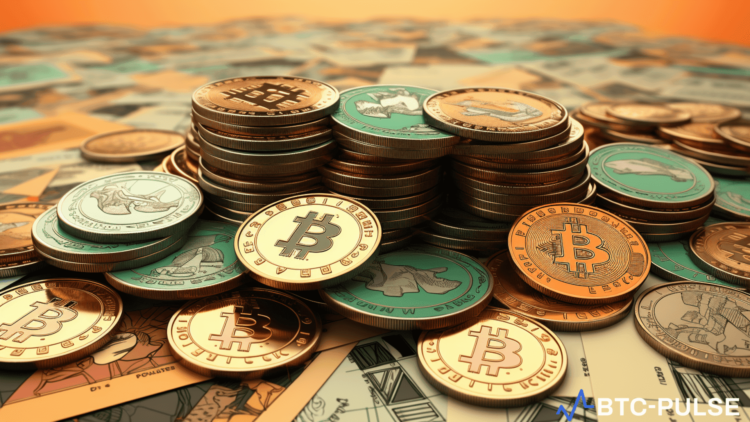Introduction
The Federal Government of Nigeria, in a decisive move overseen by the country’s securities regulator, is gearing up to remove the Naira from all peer-to-peer (P2P) crypto trading platforms. This policy is expected to be enforced in the coming days, aiming to clamp down on the manipulation of the national currency.
Government’s Stance on Crypto Regulation
According to Emomotimi Agama, Director General of Nigeria’s Securities and Exchange Commission (SEC), this step is crucial to mitigate the rampant manipulative practices in the P2P crypto sector. “The thing that needs to be done is delisting the Naira from the P2P space in order to avoid the level of manipulation that is currently happening,” Agama explained during a recent meeting with the Nigerian Blockchain Industry.
Historical Context of Crypto Regulations in Nigeria
In 2021, the Central Bank of Nigeria imposed restrictions on financial institutions, barring them from servicing crypto-related businesses. This ban was briefly lifted in December 2023 by the SEC, reversing the earlier policy in an effort to reintegrate crypto service providers into the banking sector. Nevertheless, the regulatory landscape tightened again following allegations against Binance, the world’s largest crypto exchange, which led to the removal of the Naira from its P2P platform in February 2024.
Concerns Over Market Manipulation
The regulator has expressed increasing concerns regarding the manipulation of the Naira’s value through crypto platforms. “Recent concerns regarding crypto P2P traders and their perceived impact on the exchange rate of the Naira have underscored the need for collective action,” said Agama. This stance is a reaction to observed activities that potentially undermine the financial stability of the nation.
Enforcement and Future Measure
Following the ban on Binance due to accusations of facilitating illicit transactions, other fintech firms such as Moniepoint and OPay were also directed to halt new account openings to combat fraud. Agama’s call to action is clear: “We ask that those involved in sharp practices that undermine national interest should cease and desist.”
Conclusion
The upcoming delisting of the Naira from P2P crypto platforms marks a significant pivot in Nigeria’s approach to cryptocurrency regulation. With these measures, the government aims to safeguard the integrity of its financial system and curb the unwarranted fluctuations in the value of its currency caused by speculative trading.










